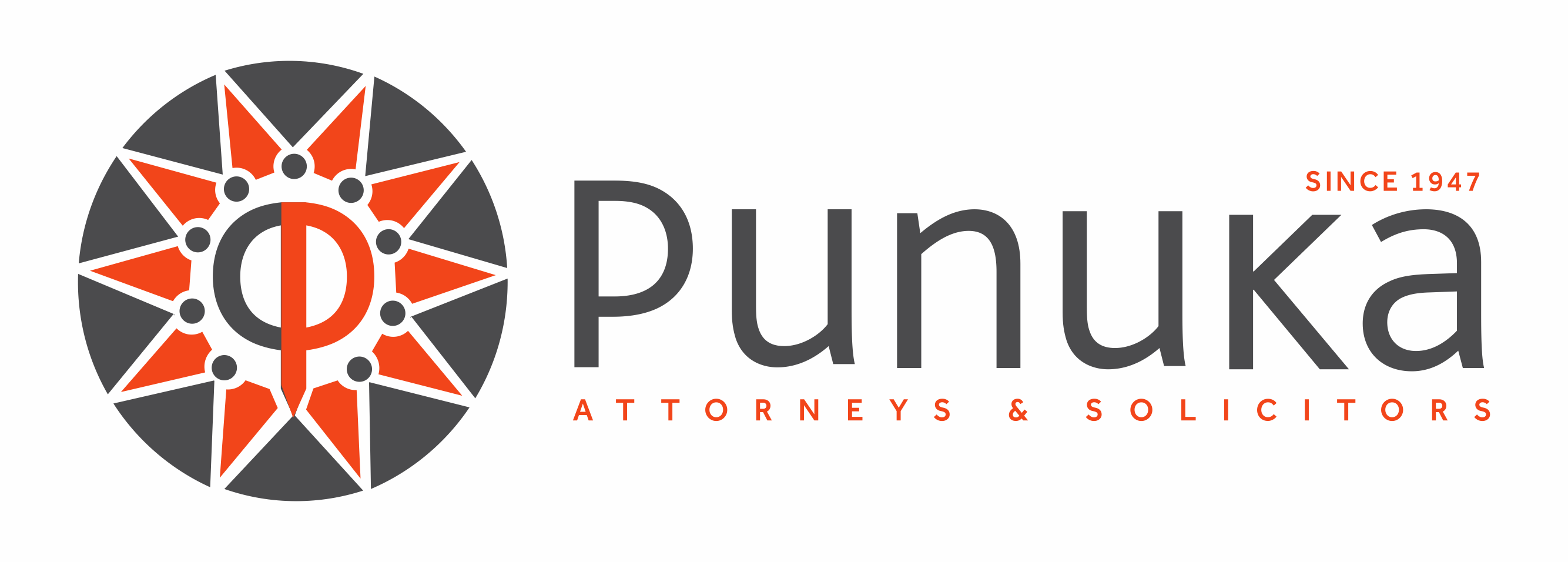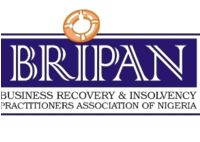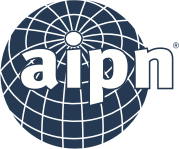GET TO KNOW: 2022 REVISED HANDBOOK ON EXPATRIATE QUOTA ADMINISTRATION
The Ministry of Interior (MOI) is the Federal Ministry responsible for issuing Business Permits and Expatriate Quota positions. The handbook on expatriate quota administration imposes guidelines for foreign participation in businesses established in Nigeria. A revised handbook (‘’The Revised Handbook’’) has beenpublished by the MOI.
Highlights:
Business Permits and Minimum Paid-Up Capital:
This is the authorisation required when a Nigerian Company is wholly or jointly owned by foreigners. The applicant company must now have a minimum paid up capital of One Hundred Million Naira (N100,000,000) which is an increase from the former minimum of Ten Million Naira (N10,000,000). The value of equipment or machinery imported into the country for the purpose of conducting business could also form a portion of the paid-up capital to be invested in the country. Alongside the Certificate of Capital Importation, the company is also required to submit its incorporation documents, business and feasibility plan, and Tax Clearance Certificate.
The Business permit may be amended to reflect any change in the details stated in the business permit. These include changes in the business name, composition of company’s directors, location of business or line of business as reflected in its updated documentation duly registered with the CAC.
Establishment/Expatriate Quota:
An Expatriate quota is required for companies who want to engage expatriate personnel with skills that are in short supply. Under the revised handbook, the expatriate quota for companies is for an initial period of three (3) years in the first instance, renewable biennially for two consecutive times within a lifespan of seven (7) years (Paragraph 2.3).
Companies are also at liberty to elevate a renewable expatriate quota position to a permanent until reviewed (P.U.R) expatriate quota status. It is typically granted to top management positions of wholly foreign owned or joint venture companies. Renewal for a P.U.R Expatriate quota must be reviewed and approved by the Honourable Minister.
Companies may also apply for the grant of a Project Tagged Expatriate Quota. This enables them engage the services of expatriates for the sole purpose of executing a specified project within a specified contract period. It may be extended for a period of 1 year and only for the sole purpose of completing a specific project.
Paragraph 2.15 provides that companies and organizations may request to voluntarily give up or relinquish their expatriate quota positions(s) within the effective seven (7) year life span. However, for the oil and gas sector an approval is for an initial period of two years and renewable once within a period of four years. Companies may now apply to extend the employment of its expatriates for one year but solely for completing a project. If a Company’s quota position expires but an application for renewal or relinquishment has not been submitted, the company’s eCITIBIZ account shall be disabled form processing any expatriate quota facility.
Expatriates engaged to fill approved quota positions are required to present proof of registration with the relevant regulatory professional bodies within six (6) months of arrival in Nigeria as applicable.
If dissatisfied with the decisions of the Ministry, the Company may appeal for a review with respect to requests for Business permits or Expatriate quota facilities.
Grant of Business Permit to Non-Governmental Organisations (NGOs), Companies Limited by Guarantee, Incorporated Trustees/Religious Bodies:
In the Revised Handbook, non-profit organisations are now required to provide a security clearance report from the DSS (Department of State Services) or NIA (National Intelligence Agency) and evidence of a Cooperation agreement with the National Planning Commission for issuance of a Business Permit.
Charges/Fees and Penalties:
The Revised Handbook introduces an increase in statutory fees. Penalties have been made stiffer, up to N5million and imprisonment can be imposed as penalty for prescribed offences. For instance, failure of a corporate entity to renew its expatriate quota within the stipulated time attracts a fine of 3 million naira. Similarly, if forged documents or information is submitted in the monthly expatriate quota returns, the author of the information is liable to conviction to imprisonment for a term of three years or a fine of two million or both and if it is a corporate body, it will be a fine of five million and the court may issue an order to wind up the company.
Important to Note:
Expatriates directly employed by the Government are exempted from the grant of expatriate quota as stipulated in the Immigration Act, 2015- Part V Section 36(1)(a).
The requirement of a business permit under Section 36 of the Immigration Act 2015 may have become obsolete as the Nigerian Investment Promotion Commission (NIPC) also mandates and issues Business registration Certificates to qualifying Companies. This overlap may be considered burdensome.
In addition, all non-resident directors of ‘Not for Profit’ Companies are to be interviewed physically by the DSS before Security Clearance Certificate is issued.
Conclusively, the revised Handbook makes salient changes from the previous regulatory regime on grants of business permits and Expatriate Quota. Foreign entities seeking to do business in Nigeria and local businesses that intend to engage foreigners are advised to monitor the new developments and take steps to comply. The MOI however needs to provide clarity on the effective date of the Revised Handbook for the benefit of pending applications.













